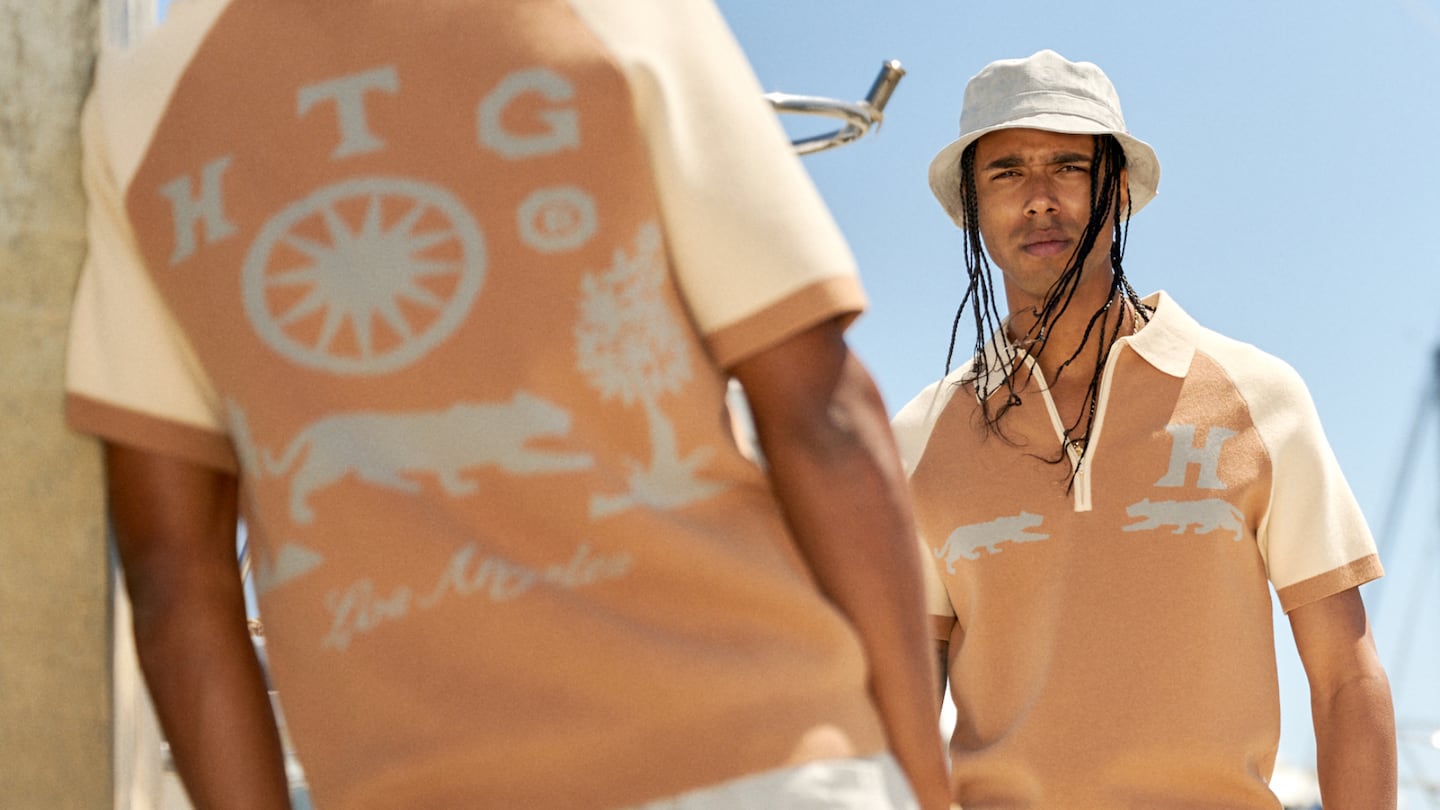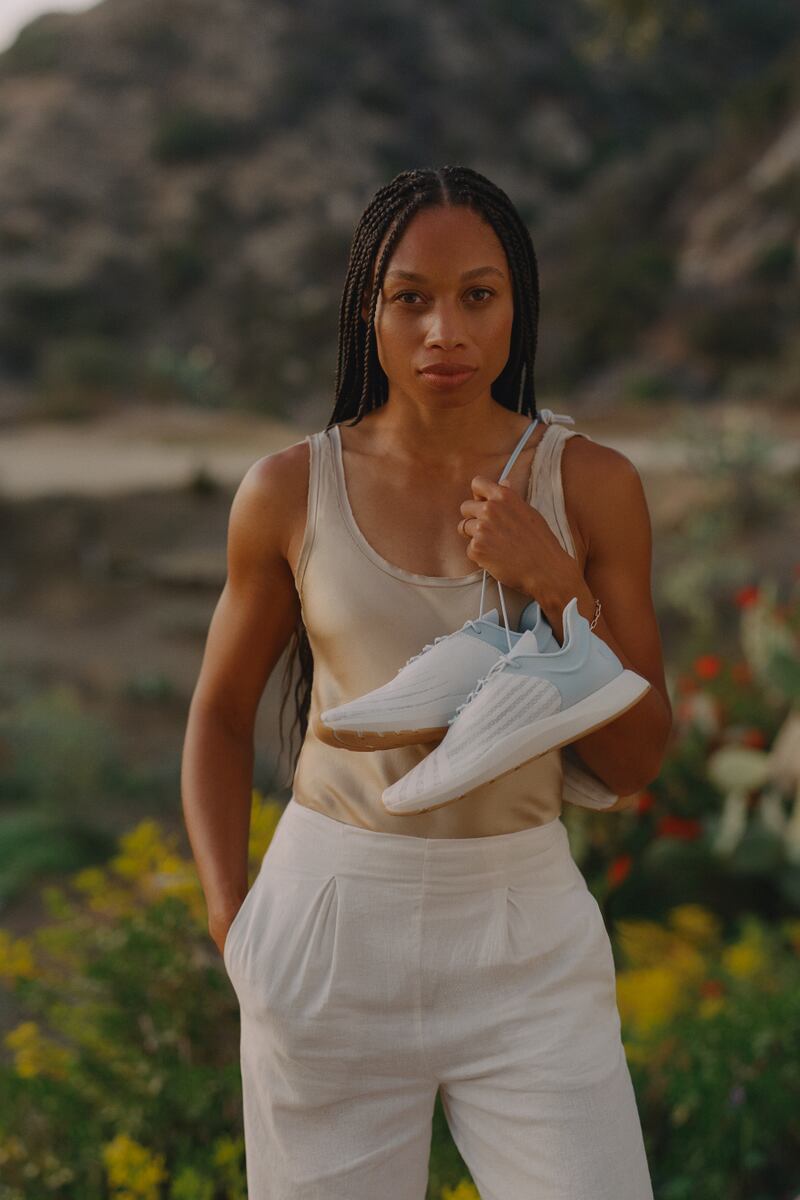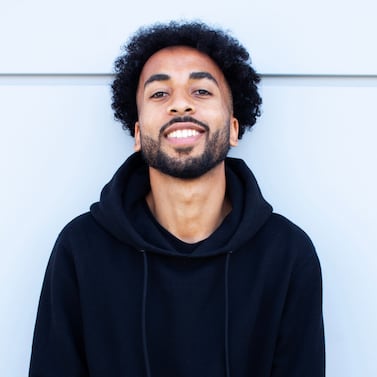
The Business of Fashion
Agenda-setting intelligence, analysis and advice for the global fashion community.

Agenda-setting intelligence, analysis and advice for the global fashion community.

A crowd gathered outside a spacious showroom on Paris’ chic Rue de Turenne Tuesday afternoon, anxious to see the latest collection by Honor the Gift, a growing Los Angeles-based brand. The founder isn’t a seasoned fashion school grad, like others showing at Paris Fashion Week, but NBA veteran Russell Westbrook.
The nine-time NBA All-Star was in town to present his spring 2023 assortment, “inspired by the workwear of the Black working [class] in 1800s America,” Westbrook told BoF. The offering includes overalls, denim dungarees and collared overcoats, as well as more basic pieces, in orange, cream and dark grey colourways.
Westbrook is one of a growing number of athletes who are successfully scaling their fashion businesses in recent years, with offerings that go far beyond branded sports jerseys and T-shirts. Others include English footballer Raheem Sterling’s minimalist menswear brand, Sixteen Ninety Two; Beautiful Struggles, the streetwear label created by ex-footballer Danny Williams; Re-Inc, a gender-fluid clothing brand founded by four US soccer players; and Saysh, a footwear and athleisure label co-founded by Olympian track runner Allyson Felix.
Of course, athletes have long taken on entrepreneurship as their careers advanced, including Serena Williams and David Beckham (not to mention René Lacoste, the French tennis star who founded his brand in 1927). But the appetite for celebrity-backed ventures is bigger than ever, and the likes of Westbrook and Felix can wield major followings on social media.
ADVERTISEMENT
High-profile athletes traditionally favoured lucrative licensing deals with established fashion brands — often marketed as collaborations — in which retailers like Nike and Adidas use an athlete’s name, image or likeness to sell a pre-produced line of clothing or gear. Lewis Hamilton’s ongoing deal with Tommy Hilfiger, for example, features T-shirts, jackets and footwear bearing Hamilton’s initials.
Today’s new athlete-backed brands run counter to this formula. Labels like Westbrook’s Honor the Gift are full-line fashion companies, producing seasonal collections without using their founders’ names on a logo to attract fans. Athlete founders like Westbrook leverage their sizeable audience on Instagram to spread the word about their new ventures before branching out and targeting a wider audience.
It’s a new category of apparel startups that’s gaining investor interest too, as venture capital firms and large strategic retailers alike see potential in celebrity-backed e-commerce brands with a social impact angle. Last week, Saysh closed an $8 million Series A funding round led by Gap Inc. Re-Inc received investment from Silicon Valley venture capital firm Kleiner Perkins in 2020.
Save for a select few exceptions — Roger Federer’s $300 million sponsorship deal with Uniqlo, for instance — most athletes’ lucrative licensing or partnership deals only run until the end of their professional careers.
A thriving standalone business, on the other hand, can generate profits for years to come and result in a hefty payout when it’s sold. But building a brand is a difficult endeavour. To drive sales and brand awareness, athlete-backed fashion lines must attract consumers from outside their most loyal sports fans, who would buy their clothing on merit, according to Safraz Ali, a sports and culture communications specialist at Roc Nation, a talent agency founded by Jay-Z.
The most successful athlete-owned brands are the ones that you come across without even knowing there is a sports star behind it.
Athlete-backed brands face the same hurdles as any fashion upstart today, including the growing cost of advertising online and garnering customer loyalty in a saturated market. But they can also take a page out of the DTC playbook for success; building strong leadership and focussing on social impact are core components of labels like Honor the Gift and Saysh.
“It’s very easy to see when an athlete has little to do with the label they supposedly created, but have been told to use their name to promote it,” Ali said. “The most successful athlete-owned brands are the ones that you come across without even knowing there is a sports star behind it.”
In 2015, Russell Westbrook partnered with high-end retailer Barneys to build a fashion line called Russell Westbrook XO, under which he co-designed clothing and accessories with established labels, including Public School and Nike’s Jordan brand.
ADVERTISEMENT
The experience was a valuable segue into the world of design, Westbrook said, but he now relishes running his own label with full creative and financial freedom, allowing him to have the final say on concepts and design — that is, when he’s not playing for the LA Lakers.
“I do everything from curating mood boards to casting for shoots,” said Westbrook, whose adventurous love of clothing has altered the way in which basketball players and fans consider the role of fashion in the sport.
Last year, Honor the Gift posted $5 million in revenue and Westbrook expects it to grow 30 percent year-on-year in 2022. The brand is focused on steady growth and “partnering with a tight list of high-end retailers and boutiques, to make sure it shows up in only the right places,” said sales director Chris Josol. The latest collection is carried by more than 13 retailers worldwide, including Selfridges in the UK, Saks Fifth Avenue and Nordstrom in America.
Other athletes, like British former footballer Recce Wabara, have found success through this entrepreneurial model, too, controlling day-to-day decision-making across design, distribution and marketing.
Wabara retired from professional football in 2013, at age 22, to launch his fashion brand, Manière de Voir. Spending less than £16,000 ($19,400) from his own savings, Wabara scaled Manière de Voir into a profitable business that today employs over 60 people, generating £33 million ($40.1 million) in revenue last year, with no outside investors.
“I am still across every aspect of the brand,” Wabara said. “I oversee logistics and operations and I’m across every product we sell, every marketing campaign.”
Operating a fully direct-to-consumer business model, Wabara expects revenue will grow to £50 million in 2022. To this day, he retains full ownership of the brand and currently has no plans to exit or seek outside investment.
“By running a DTC brand, I’ve found that if you can make and sell clothing efficiently, the margins are good enough to never have to raise capital, unless you’re trying to open up stores,” he said.
ADVERTISEMENT
Some recent athlete-backed brands have been able to cultivate a following based on a unique social justice messaging. Allyson Felix left her sponsorship deal with Nike in 2019 after speaking out against the retailer for paying her less during her pregnancy. Instead, she launched her own label, Saysh, in June 2021 with her brother, Wes Felix — a brand built on advocating for pregnant women.

For instance, the company recently announced its “maternity returns policy,” which allows customers to exchange their Saysh shoes for a better-fitting pair when their shoe size increases during pregnancy.
It’s been able to attract social impact investors such as Anne-Marie Slaughter, a gender and policy specialist, and Sabia Wade, founder of maternal support fund The Black Doula.
Re-Inc, too, was created out of frustration. Its founders, Megan Rapinoe, Tobin Heath, Meghan Klingenberg and Christen Press, were among 28 soccer players who sued their league to fight for equal pay as their male counterparts. Their colourful loungewear line is often adorned by slogans such as “revolution’” and “queer, queer, queer.”
Earlier this year, the US Soccer federation settled the lawsuit, awarding the athletes $24 million and vowing to equalise pay between the men’s and women’s team.
Once mocked for his garish outfits and lenseless eyeglasses, the Oklahoma City point guard is designing clothes for Barneys and updating the way Nike markets to men.
Fashion and football have a complicated history, but labels from Dior to Moncler now see major opportunities in the world’s most popular sport.
The San Francisco-based apparel retailer invested in the label which was founded in June 2021 by the American Olympic sprinter Allyson Felix and her brother Wes Felix.
Jessica Simpson, Sean Combs and other early-aughts superstars turned moguls are itching for a comeback. But much has changed about the celebrity fashion business.

Daniel-Yaw Miller is Senior Editorial Associate at The Business of Fashion. He is based in London and covers menswear, streetwear and sport.
Nordstrom, Tod’s and L’Occitane are all pushing for privatisation. Ultimately, their fate will not be determined by whether they are under the scrutiny of public investors.
The company is in talks with potential investors after filing for insolvency in Europe and closing its US stores. Insiders say efforts to restore the brand to its 1980s heyday clashed with its owners’ desire to quickly juice sales in order to attract a buyer.
The humble trainer, once the reserve of football fans, Britpop kids and the odd skateboarder, has become as ubiquitous as battered Converse All Stars in the 00s indie sleaze years.
Manhattanites had little love for the $25 billion megaproject when it opened five years ago (the pandemic lockdowns didn't help, either). But a constantly shifting mix of stores, restaurants and experiences is now drawing large numbers of both locals and tourists.